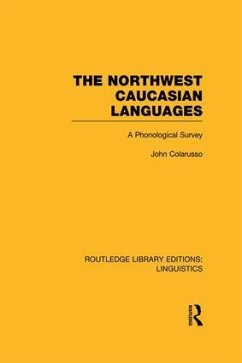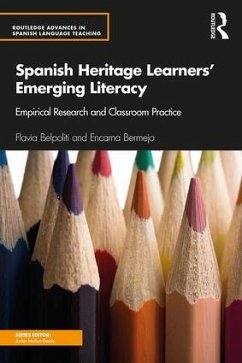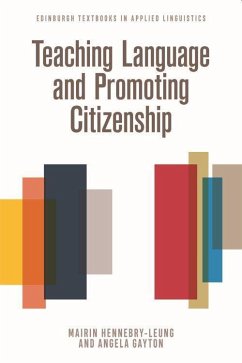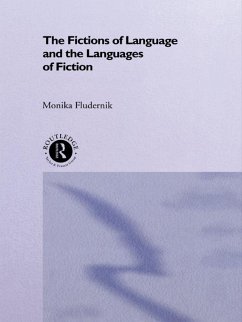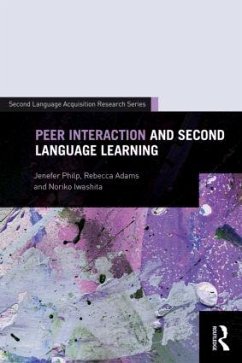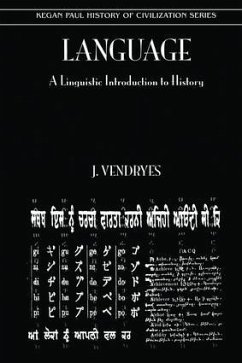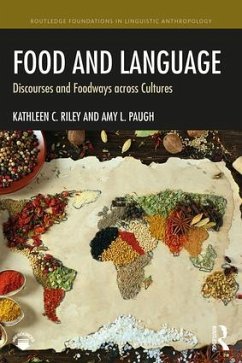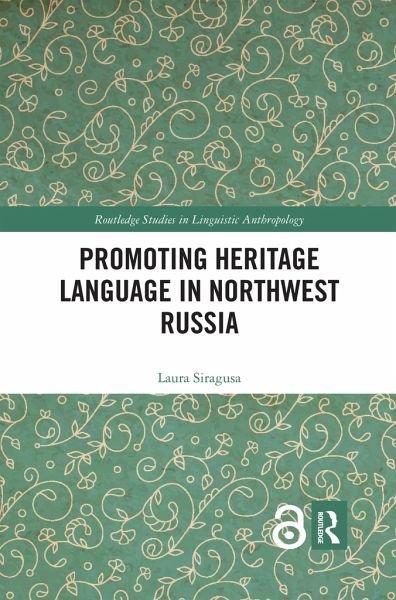
Promoting Heritage Language in Northwest Russia
Versandkostenfrei!
Versandfertig in 1-2 Wochen
55,99 €
inkl. MwSt.
Weitere Ausgaben:

PAYBACK Punkte
28 °P sammeln!
This volume illustrates how language revival movements in Russia and elsewhere have often followed a specific pattern of literacy bias in the promotion of a minority's heritage language, partly neglecting the social and relational aspects of orality. Using the Vepsian Renaissance as an example, this volume brings to the surface a literacy-orality dualism new to the discussion around revival movements. In addition to the more-theoretically oriented scopes, this book addresses all the actors involved in revival movements including activists, scholars and policy-makers, and opens a discussion on ...
This volume illustrates how language revival movements in Russia and elsewhere have often followed a specific pattern of literacy bias in the promotion of a minority's heritage language, partly neglecting the social and relational aspects of orality. Using the Vepsian Renaissance as an example, this volume brings to the surface a literacy-orality dualism new to the discussion around revival movements. In addition to the more-theoretically oriented scopes, this book addresses all the actors involved in revival movements including activists, scholars and policy-makers, and opens a discussion on literacy and orality, and power and agency in the multiple relational aspects of written and oral practices. This study addresses issues common to language revival movements worldwide and will appeal to researchers of linguistic anthropology, sociolinguistics, education and language policy, and culture studies.





